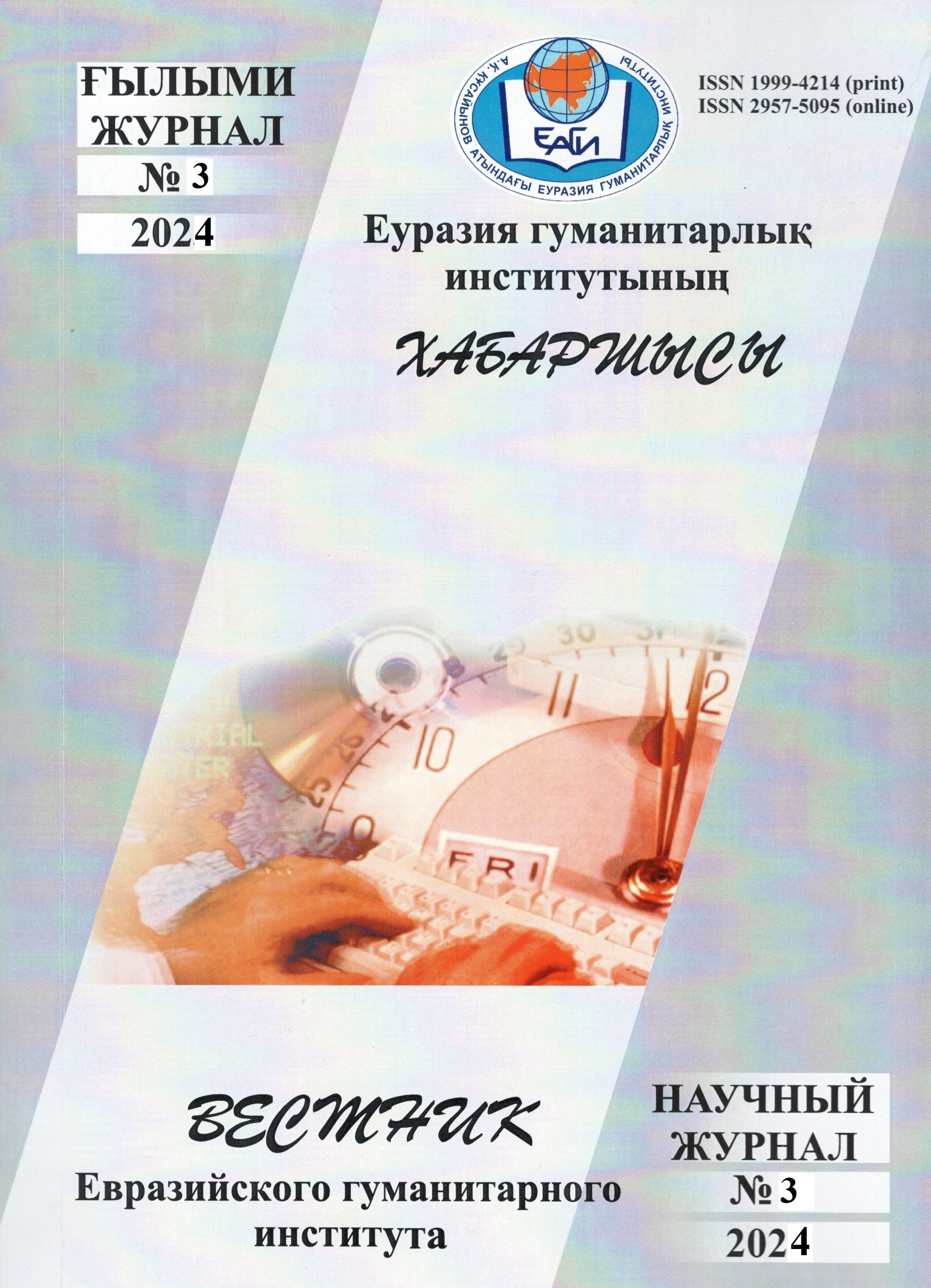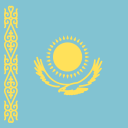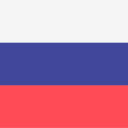THE CATEGORY OF THE “OTHER” IN THE AXIOLOGY OF CONTEMPORARY LITERARY FAIRY TALES OF KAZAKHSTAN
DOI:
https://doi.org/10.55808/1999-4214.2024-3.11Keywords:
literary fairy tale, axiology, category of the ‘Other’, initiation, postmodernism.Abstract
The article examines various aspects of the discourse of the "Other" through the lens of psychoanalytic, decolonial, and ecological theories. The leitmotif mythologem of the initiation and the accompanying archetypal dichotomy of "self/other" in the literary fairy tale implies the actualization of the discourse of the "Other." The encounter with the "Other" represents a fundamental ethical event for each individual. Understanding being begins with ethical responsibility towards the "Other." The "Other" is also essential for the self-knowledge of the subject (successful completion of the initiation stage). Moreover, the "Other" plays a key role in the formation of the human subject through the symbolic order of language and culture.
The main focus is on analyzing the motif of encountering otherness, which is key to understanding the ethical and existential transformation of fairy tale characters. The study integrates multidisciplinary perspectives, including Lacanian psychoanalytic theory, decolonial literary studies, feminist literary criticism, and ecological philosophy. Lacan's theory defines the "Other" as central to subjectivity; the decolonial approach explores the suppression of marginalized voices, while feminist criticism deconstructs patriarchal norms defining women as the "Other." Ecophilosophy extends the category of the "Other" to natural phenomena, reflecting a pantheistic worldview where all living beings have value.
The authors conclude that contemporary Kazakh literary fairy tales demonstrate the deconstruction of traditional negative hierarchies through integrating ecological sensitivity and anti-power discourse. These categories emphasize a shift from an object paradigm to a subject paradigm, recognizing nature and people as active subjects of being. Thus, the Kazakh literary fairy tale, by actualizing the discourse of the "Other," significantly contributes to forming a contemporary axiological worldview, promoting a critical rethinking of negative hierarchies. This allows overcoming various forms of oppression and inequality, contributing to creating a just and inclusive society


 Қазақ тілі
Қазақ тілі
 Русский
Русский
 English
English








